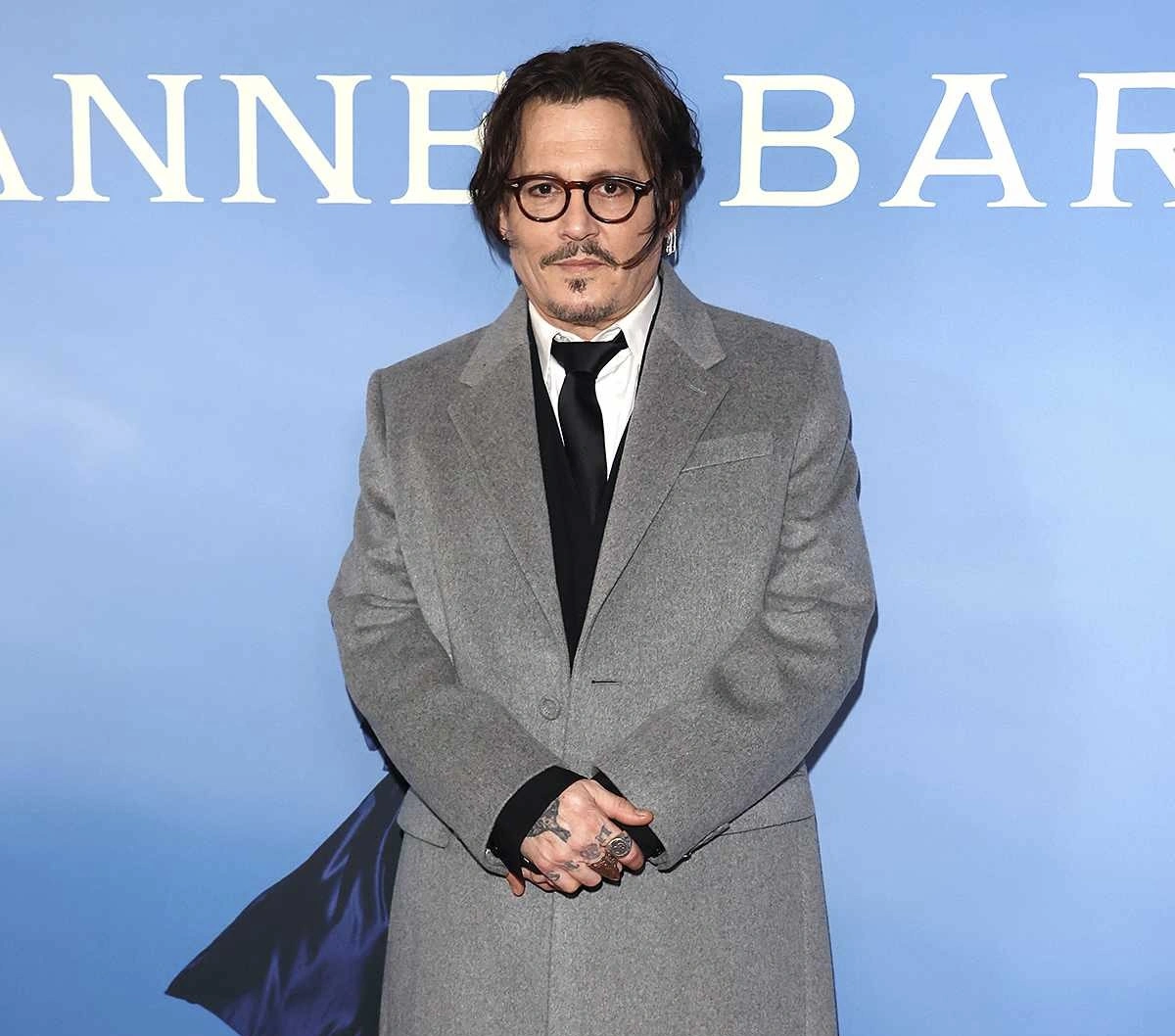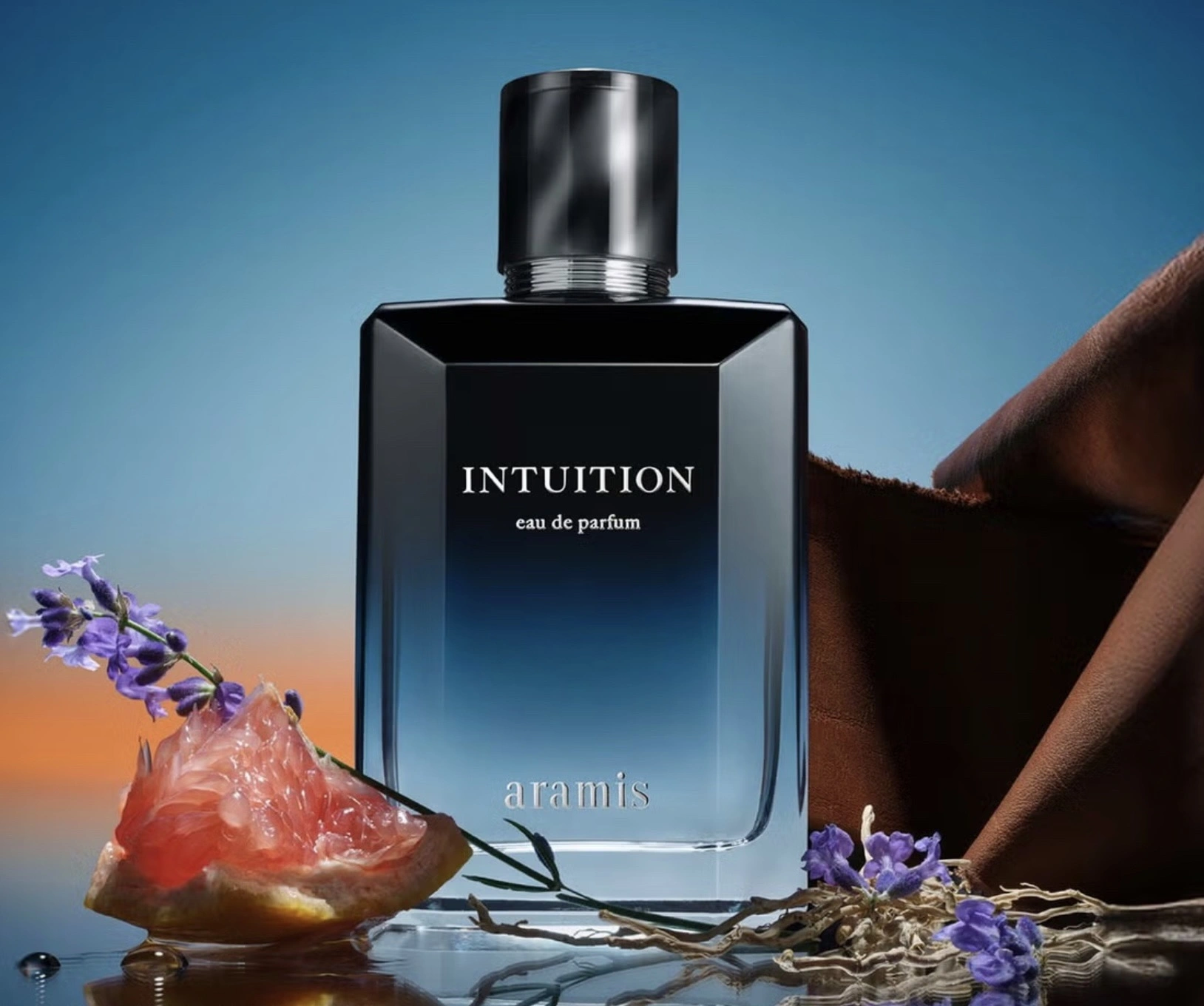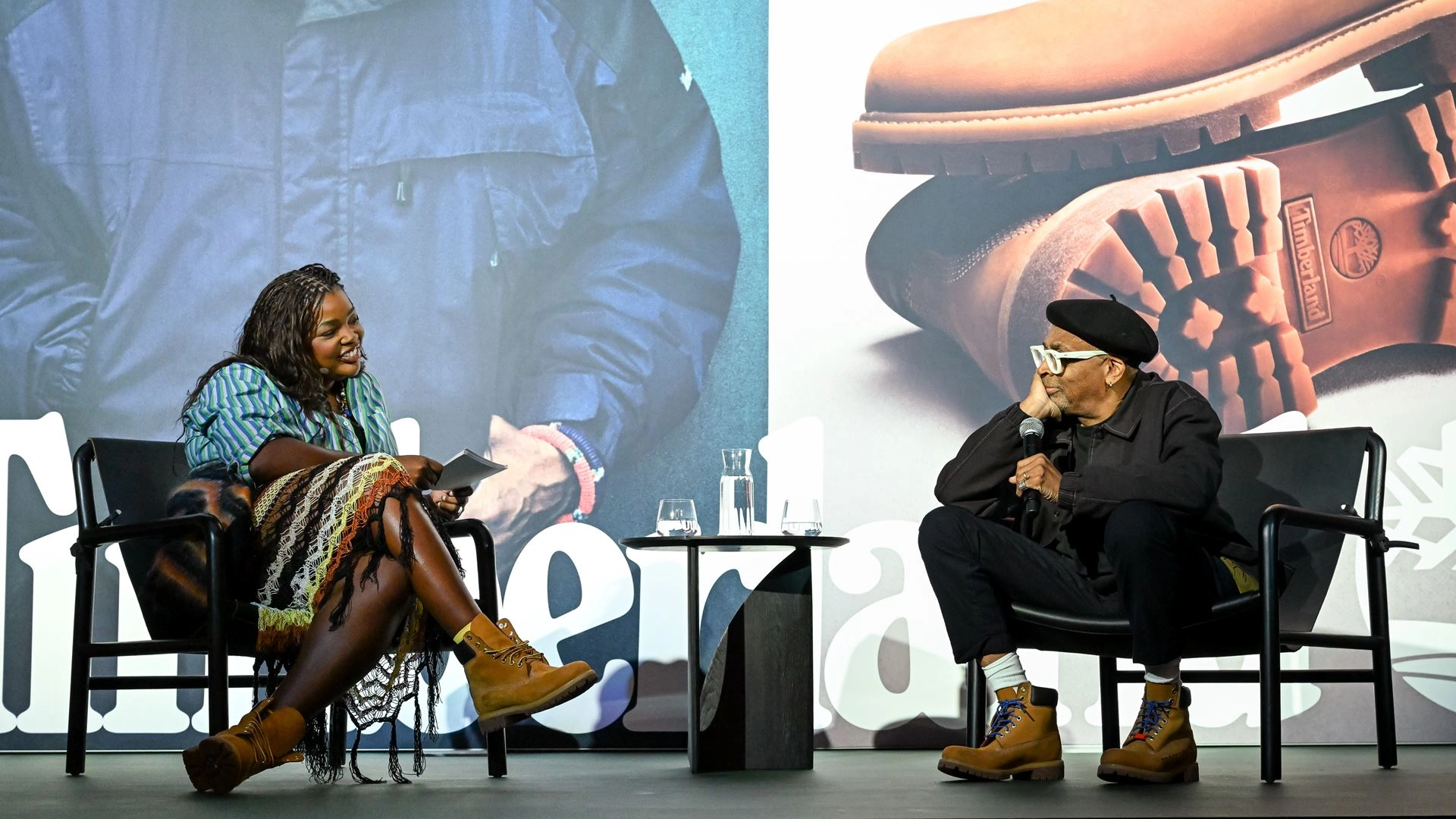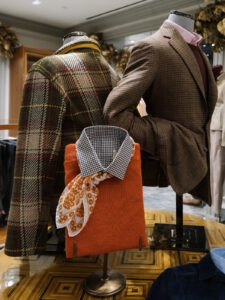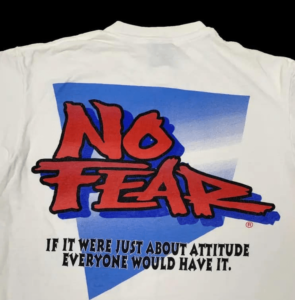“I am not sweet. I am not nice. I am rotten to the core.” — Wednesday Addams
In a cultural moment where rebellion is just another font in the marketing department’s toolkit, where eyeliner and attitude are curated for TikTok virality, Jenna Ortega’s ironic commentary on her most famous role rings louder than any studio pitch. Wednesday Addams—the original outsider, the teenage goth who’d rather dissect a frog than attend a pep rally—has become a mass-market phenomenon. T-shirts. Mugs. Halloween costumes. Lip gloss.
You name it, she’s on it.
This is no accident. It’s the latest, and perhaps most audacious, example of a long-running cycle in pop culture: take an icon who stands against the grain, sand down her edges, and sell her to the masses. It’s ironic, absurd, and deeply American. The stranger you are, the more likely the system will put you on a lunchbox.
The Rise of a Reluctant Icon
When Wednesday, Netflix’s high-concept reboot, dropped in late 2022, it wasn’t just a sleeper hit—it was a cultural detonation. The show’s sleek Burton aesthetic, tight scripting, and Ortega’s pitch-black charm reanimated the Addams mythology for a new generation. Within weeks, TikTok was flooded with dance recreations. Halloween stores pivoted early. Spotify saw a spike in deathrock playlists.
And Jenna Ortega, known prior mostly for Disney Channel roles and a recent horror run (Scream, X, The Fallout), became a superstar. But not in the conventional way. Not with the glossy sheen of red carpets and rom-coms. Ortega shot to fame because she wasn’t trying to be sweet. She was sardonic, prickly, and a little bit dangerous.
So, of course, the culture responded by… making her sweet. Turning Wednesday’s smirking nihilism into a stylized branding opportunity. Mass-producing rebellion until it became just another SKU on a shelf.
Ortega has noticed. “She’s an outsider, but now she’s on these mugs,” she said, half-laughing, half-resigned, in a 2024 profile. That sentence is the whole essay.
When the Weird Becomes Wearable
Pop culture has always had a strange relationship with the outsider. It needs them—but only on its terms.
Consider this lineage:
- James Dean’s brooding delinquent.
- Sid Vicious and punk’s angry snarl.
- The Joker’s anarchy.
- Tyler Durden’s chaos.
- Even Disney’s own Maleficent, rebranded as a misunderstood antiheroine.
Each started on the fringe, symbols of resistance, only to be pulled into the capitalist core, polished just enough to be palatable. T-shirts. Posters. Collectibles. Memes. The edge blunted. The message hollowed.
Wednesday is only the latest.
She isn’t cute. She isn’t kind. She doesn’t aspire. She is the anti-teen, the girl who rolls her eyes at homecoming, who dreams of guillotines and taxidermy. But now she’s a template for Pinterest boards and dorm room aesthetics. Her catchphrases adorn glittery phone cases. Even her wardrobe—a strict black-and-white code—has become a fashion line. Irony, repackaged, is profitable.
It’s not just the character being sold. It’s Ortega herself, who told Variety, “I want to do things that are fulfilling creatively, but I also want to give something to my fans.” The balancing act between authenticity and consumption is a tightrope every actor walks. Ortega just happens to walk it in goth boots.
Burton, Beetlejuice, and the Branding of the Bizarre
If Wednesday Addams has become a commodity, she’s following a trail paved by Tim Burton himself.
For decades, Burton built his empire on weirdos. Edward Scissorhands. Lydia Deetz. Sally and Jack. Beetlejuice. Characters who didn’t belong and didn’t want to. They weren’t made for the world, and the world wasn’t made for them.
Yet look around in 2025 and you’ll see Jack Skellington on lunchboxes, Beetlejuice plush toys at Walmart, Edward Scissorhands Funko Pops. The aesthetic—the moody lighting, angular features, hollow-eyed longing—has become so embedded in our cultural DNA that it’s no longer odd. It’s design language.
Michael Keaton, now reprising his role in Beetlejuice 2, said in a recent interview, “I don’t want to look like all these little things.” A half-joke. But also a jab at the over-merchandising of characters created to be outsiders.
Burton’s own ethos is being cannibalized by the machine. But he’s not entirely blameless—he directs the shows, signs the deals, cashes the checks. In the end, the oddball brand sells.
So does Ortega’s Wednesday. She’s Burton’s new Lydia. And like her predecessors, she’s finding that being strange no longer makes you rare—it makes you valuable.
What Happened to the Real Outsider?
In this cycle of cultural digestion, something vital gets lost: the outsider’s power lies in their rejection of the mainstream—not their assimilation into it.
The original Wednesday, portrayed by Lisa Loring in the ‘60s, was spooky in a cute way. Christina Ricci’s iconic 1990s version gave her bite—intelligent, menacing, morally unbothered. Ortega’s take sharpened it further. This was Wednesday as strategist. A predator in plaid. A girl who doesn’t want to be liked—and tells you so to your face.
That’s what fans loved. That purity of perspective. The refusal to perform for approval.
And then came the Funko Pops.
Is there a way to be truly “alternative” anymore when every niche is immediately monetized? The internet has collapsed subcultures into aesthetic genres. Goth is now a color palette. Punk is a Spotify playlist. Weird is a TikTok filter. Even nihilism has influencers.
So where does that leave Wednesday? In a hall of mirrors, surrounded by merchandise bearing her own face.
Jenna Ortega, Career at the Crossroads
Ortega isn’t just the face of Wednesday—she’s the voice of this paradox. In interviews, she sounds equal parts proud, self-aware, and cornered.
“I never wanted to be a pop actor,” she told Elle. “But now I guess I am.”
Her career choices reflect a tension between audience expectation and personal ambition. She’s signed onto dark projects—horror films, thrillers, brooding indie scripts—but each success pulls her closer to the Hollywood center. She’s been offered superhero roles, studio franchises, even rom-com scripts. Most, she’s turned down.
Because Wednesday Addams isn’t just a role. It’s a weight. It brings a fan base and an image—but also a trap. Can Ortega be something besides Wednesday? And if she tries, will the audience follow?
That’s the dilemma for any actor who becomes too closely tied to a brand. Just ask Daniel Radcliffe. Or Kristen Stewart. Or Elijah Wood. Try to escape, and the world drags you back.
Selling Rebellion in the Algorithm Age
Can rebellion be marketed? The answer seems to be: only if it’s packaged well.
We live in the algorithm era, where trends last days and everything becomes content. Subversion isn’t punished—it’s curated. Even rage becomes a style choice. The goth aesthetic is just another filter. Attitude, if well-lit, is bankable.
Wednesday’s rise proves this. She hates social conventions, yet her show is trending on every platform. She mocks school spirit, yet fans cosplay as her at high schools around the country. She’s a misfit, but now she’s trending.
It’s not about hypocrisy. It’s about consumption. Everything, even the stuff that resists being consumed, eventually gets digested.
The machine is hungry. And it loves irony.
Long Live the Outsider (Even If She’s on a Mug)
There’s a temptation to end this story with cynicism—to declare the death of originality, the co-opting of every edge, the reduction of every weirdo into an Instagrammable quote.
But that would be too easy.
Because despite all this, Wednesday still resonates. Not the merch. Not the marketing. Her. The idea of someone who doesn’t smile on command. Who hates small talk. Who wears black because she wants to. Who says what she means and doesn’t care how it lands.
In a world drowning in performative likability, there’s power in being unlikeable.
So maybe there’s hope. Maybe the punchline isn’t that she’s on a mug. Maybe it’s that kids are buying that mug because she doesn’t want them to. Maybe that contradiction—the refusal and the embrace—is what keeps Wednesday interesting.
As Ortega herself said: “She would hate this.”
And maybe, just maybe, that’s why we love it.
No comments yet.


